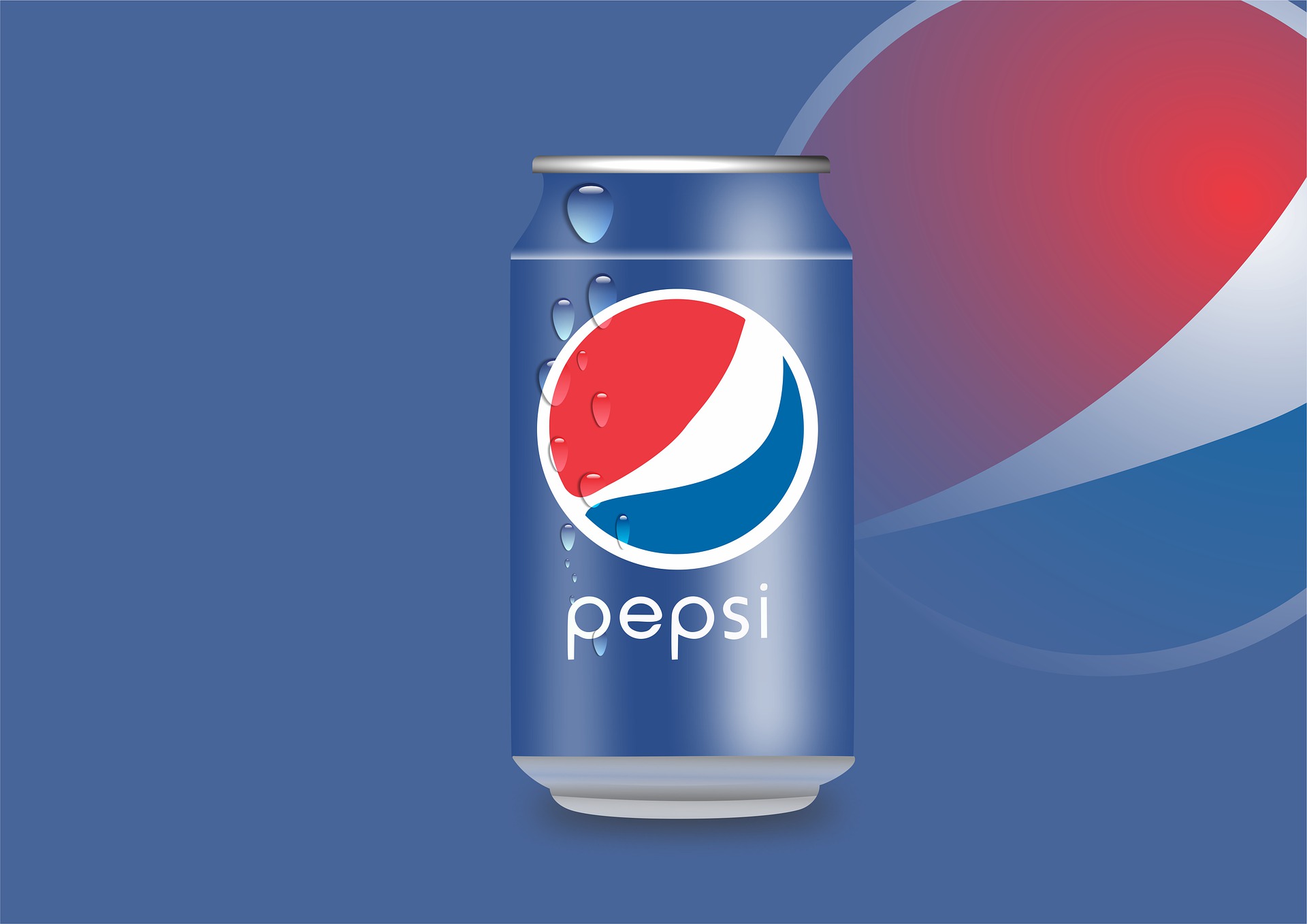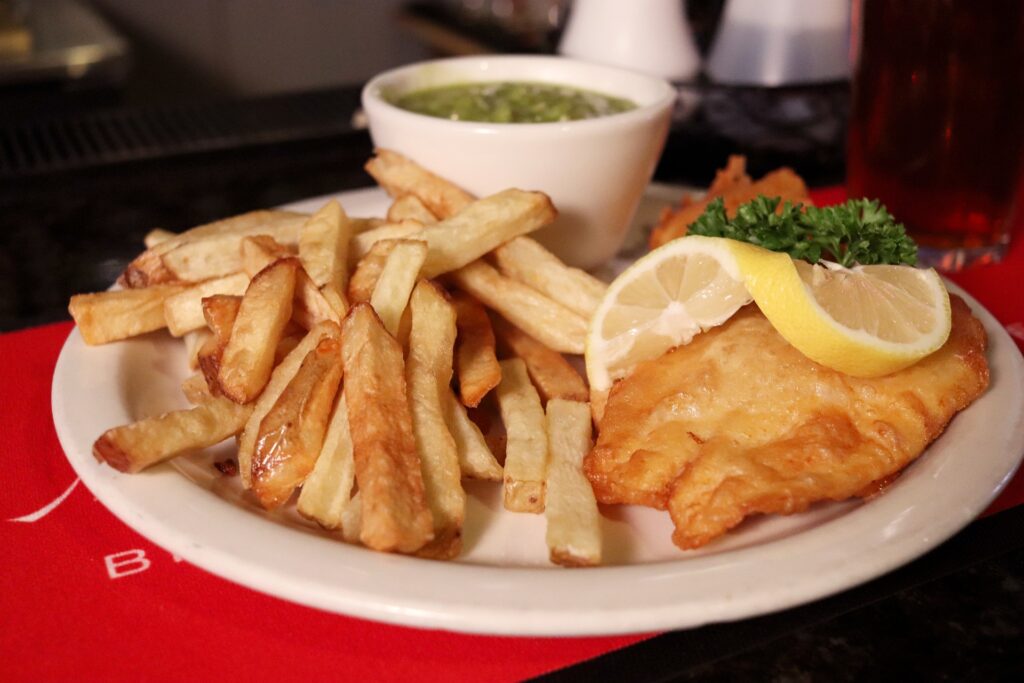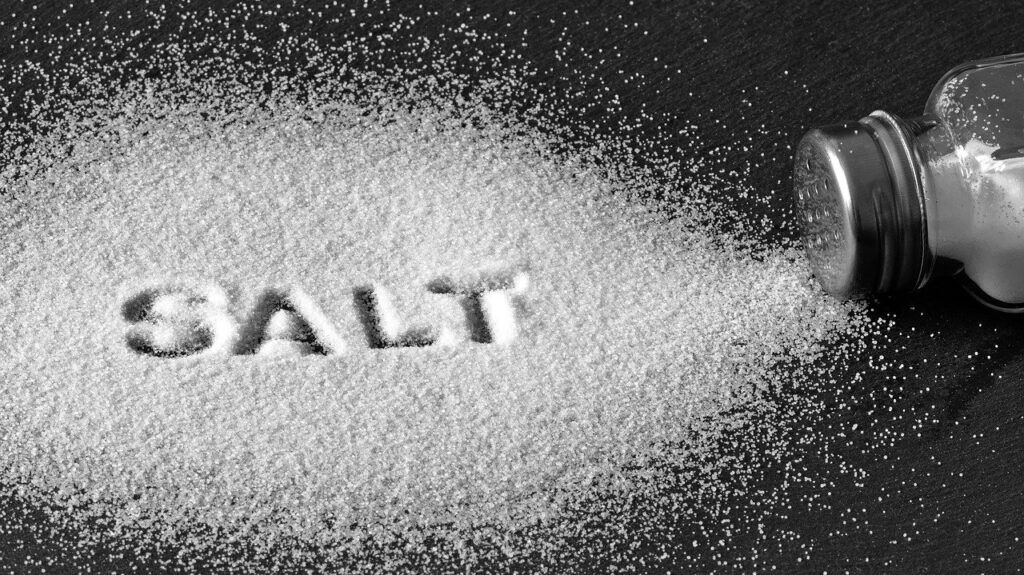How has PepsiCo, a multinational food and beverage company, become a global success?
The story of PepsiCo begins with the creation of Pepsi-Cola by Caleb Bradham in the late 19th century. Bradham, a pharmacist from New Bern, North Carolina, concocted a cola syrup formula in 1893, initially calling it “Brad’s Drink.” Recognizing the appeal of the beverage, he officially changed the name to Pepsi-Cola in 1898, based on its key ingredients—pepsin and cola nuts. The brand quickly gained popularity for its unique flavor and was incorporated as the Pepsi-Cola Company in 1902.
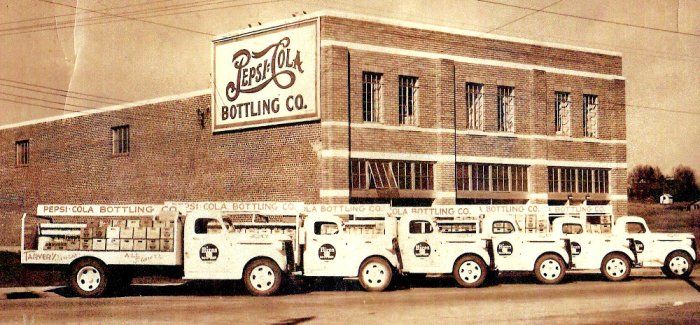
PepsiCo Formation
Pepsi-Cola faced financial difficulties during the Great Depression and declared bankruptcy in 1923. The struggling brand was later purchased by Loft, Inc., a candy manufacturer. This marked the beginning of Pepsi’s corporate journey under new ownership.
In 1965, Pepsi-Cola merged with Frito-Lay, Inc., a leading snack food manufacturer, under the leadership of CEO Donald M. Kendall. The merger resulted in the formation of PepsiCo, Inc., marking a strategic move to diversify the company’s product offerings beyond beverages.
Expansion
Following the merger, PepsiCo expanded its portfolio beyond beverages, venturing into various industries. One notable diversification attempt was the acquisition of Wilson Sporting Goods in 1970, aiming to enter the sports and recreation sector. However, this venture proved short-lived, and Wilson was sold in 1985.
Tropicana Acquisition: In 1988, PepsiCo made a significant move by acquiring Tropicana Products, Inc., a leading orange juice producer. This strategic acquisition strengthened PepsiCo’s position in the beverage industry, adding the well-established Tropicana brand to its portfolio.
Restaurant Acquisitions – Pizza Hut, Taco Bell, and KFC: In a transformative series of acquisitions, PepsiCo entered the restaurant industry by purchasing Pizza Hut in 1977, followed by Taco Bell in 1978 and Kentucky Fried Chicken (KFC) in 1986. These acquisitions formed the foundation of PepsiCo’s restaurant division, creating a diverse portfolio of brands under one corporate umbrella.
Spin-Off of Restaurant Division – Yum! Brands: In 1997, PepsiCo decided to focus on its core strengths in beverages and snacks and spun off its restaurant division into a separate entity. This spin-off led to the creation of Tricon Global Restaurants, later renamed Yum! Brands, Inc. PepsiCo retained its focus on becoming a global leader in the food and beverage industry.
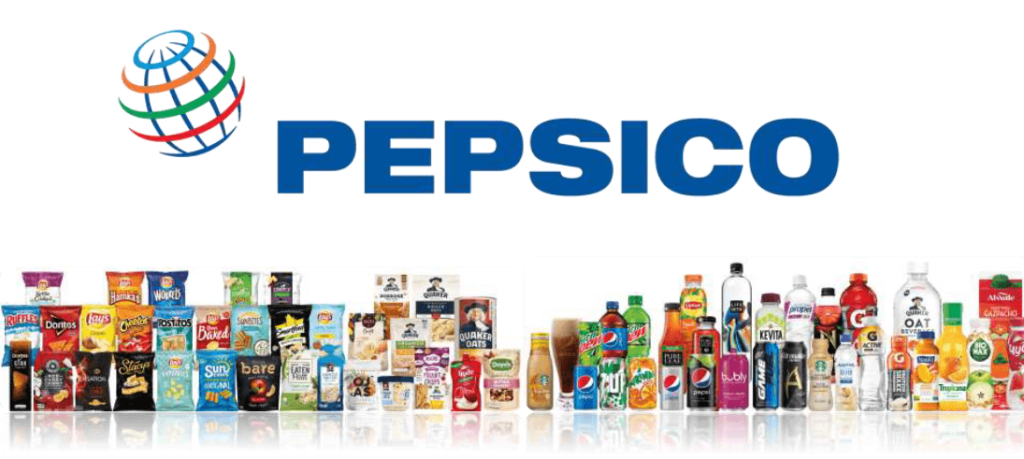
Global Expansion
PepsiCo’s commitment to global expansion became evident as it entered diverse markets worldwide. The company established joint ventures, acquired local brands, and introduced new products to cater to regional tastes. By the 1990s and early 2000s, PepsiCo had become a true multinational corporation with a presence in numerous countries.
Quaker Oats Acquisition: In 2001, PepsiCo made a strategic move by acquiring The Quaker Oats Company, which brought well-known brands such as Gatorade, Quaker Oats, and Tropicana under the PepsiCo umbrella. This acquisition further diversified the company’s product portfolio, aligning with emerging health and wellness trends.
Focus on Snack Dominance – Frito-Lay’s Success: Frito-Lay, a division of PepsiCo, emerged as a snack industry powerhouse with iconic brands such as Lay’s, Doritos, Tostitos, and Cheetos. The division’s commitment to innovation, marketing strategies, and distribution channels contributed significantly to PepsiCo’s overall success.
PspsiCo Nowadays
PepsiCo has continued to make strategic acquisitions to stay competitive and adapt to evolving consumer preferences. In 2018, the company acquired SodaStream, a company known for its home carbonation products. This move aligned with the trend towards healthier and customizable beverages.
PepsiCo boasts an extensive product portfolio, including a diverse range of beverages, snacks, and food products. The beverage category encompasses carbonated soft drinks (Pepsi, Mountain Dew), non-carbonated beverages (Gatorade, Tropicana), juices, teas, and bottled water. In the snack category, the company offers popular brands like Lay’s, Doritos, and a variety of other savory and sweet snacks.
PepsiCo, like any multinational corporation, faces challenges and opportunities. The company must navigate changing consumer preferences, address health and wellness concerns, and stay ahead of industry trends. Ongoing efforts in research and development, sustainable practices, and strategic acquisitions position PepsiCo to tackle these challenges and remain a major player in the global food and beverage market.

PepsiCo’s story is one of evolution, diversification, and adaptability. From its origins as a cola company, it has transformed into a global powerhouse with a diversified product portfolio spanning beverages, snacks, and food. The company’s strategic acquisitions, commitment to sustainability, and focus on meeting changing consumer demands underscore its resilience and ability to innovate in the dynamic landscape of the food and beverage industry. As PepsiCo continues to navigate the complexities of the market, its rich history serves as a testament to its enduring impact on the global consumer landscape.
